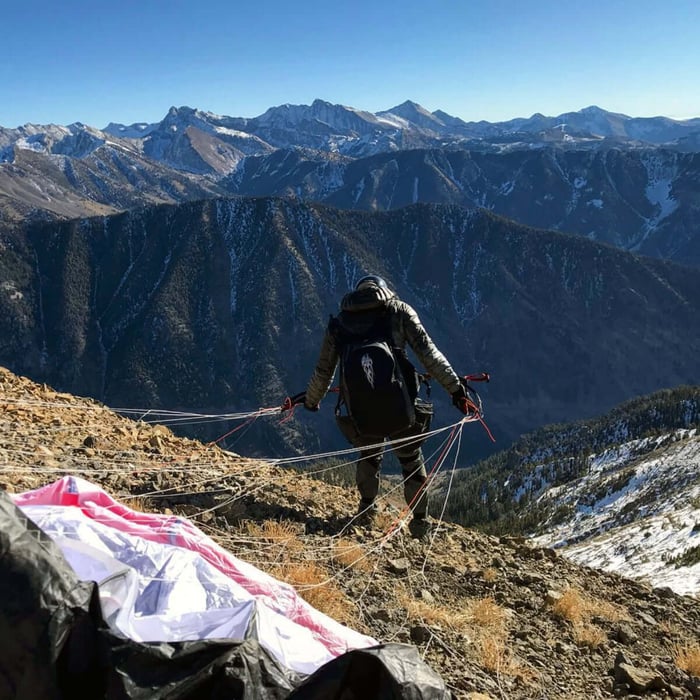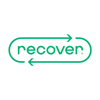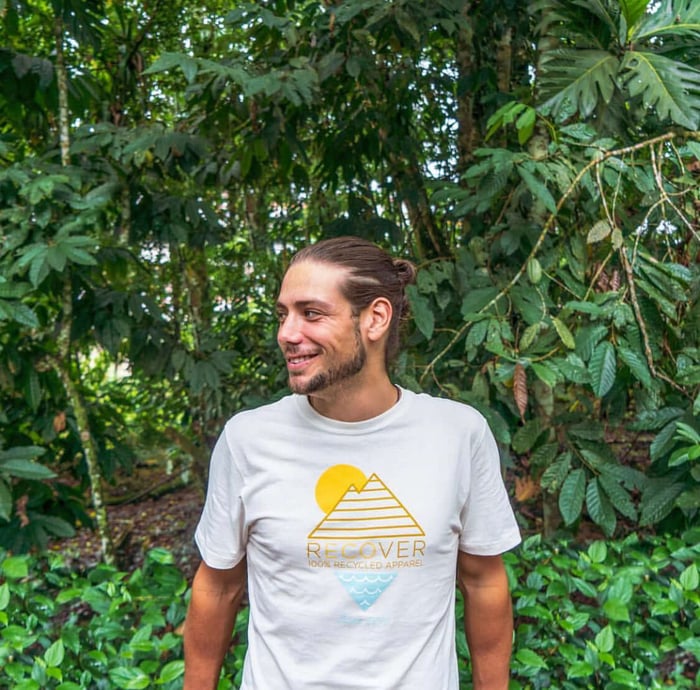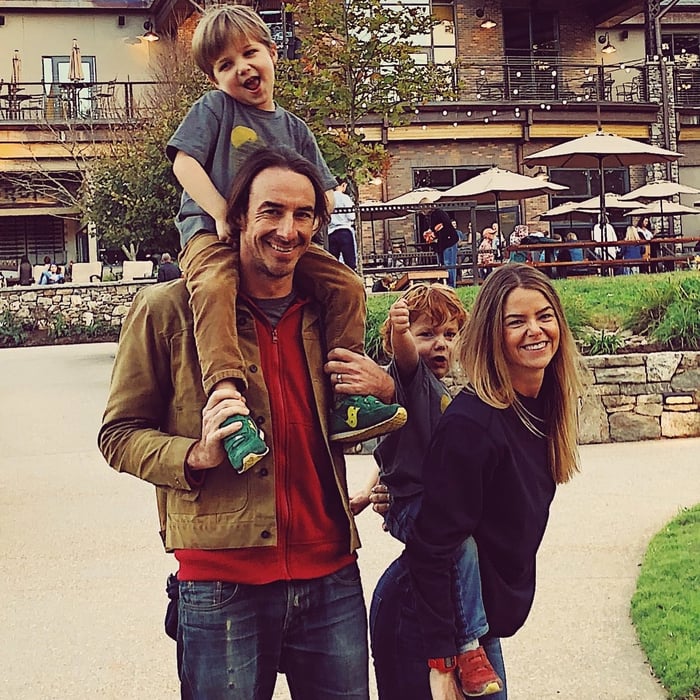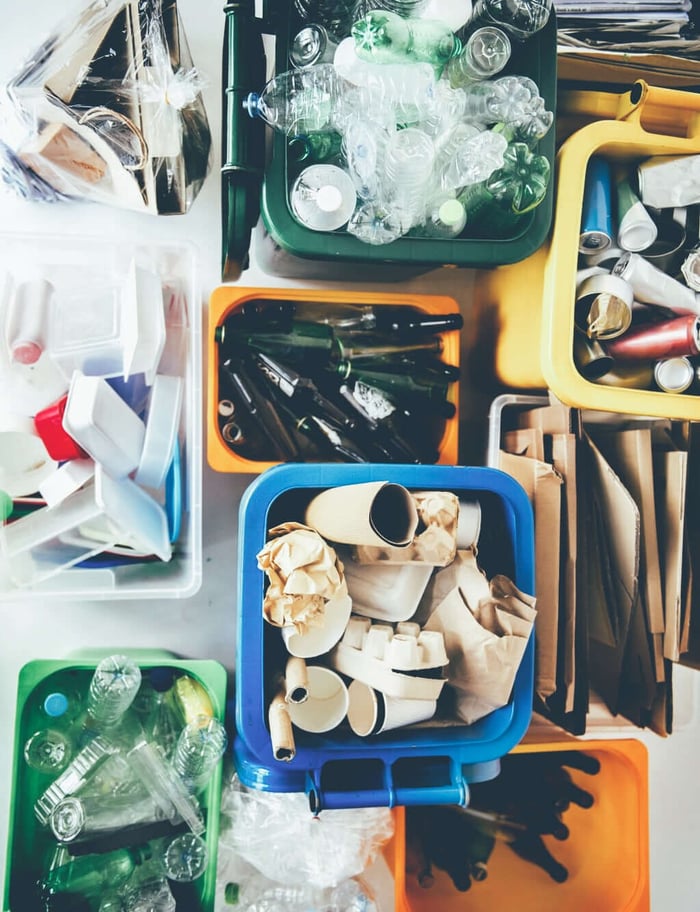Adventure athlete and videographer, Recover Ambassador Andrew Dunning shares the what, the why, and the how of one of his Recover Sustainability Tips: THINK REDUCE... then Re-Use, and then Recycle.

Why “THINK REDUCE... then Re-Use, and then Recycle” for your Recover Sustainability Tip?
I love explaining the big picture of my Recover gear to people, but have found that some people see the concept as, “This is cool- Recover uses plastic water bottles to make its apparel, so I can feel better about throwing things in the recycle bin,” but that’s not the idea. The point is educating to be more sustainable in general, and taking action on that. Our world has an enormous problem with single-use plastic consumption from the mining of raw materials, to the energy used to produce them and distribute them, to their disposal. While Recover is taking action to upcycle plastics, the whole point is that the problem is huge and individuals taking action to reduce this waste is what is going to make a difference.
What are some of the things you do to “Reduce”?
I’m not some perfect non-consuming person that doesn’t consume anything. But the point is you can do things that make a difference no matter who you are. The one that gets me lots of looks is going to the grocery store and not putting a single piece of produce in a plastic bag. You start to notice what’s become the “normal” general habit. Sometimes people look at you weird, but why is that weird to just put potatoes and carrots in your basket rather than using hundreds of plastic bags a year that just get thrown away? In general, when I go to the store or shop, I choose to support companies that limit packaging and are aware of that- a company like Recover thinks about reduction of packaging and uses compostable packing instead of plastic.
In other ways, I travel and burn a lot of gas, but if I’m at home in Ketchum, I ride my bike a lot. It’s all about taking a look at our habits and making the easy choices to reduce the problem. For me personally, I was thinking that it’s just about being aware of consuming less in general, trying to use things for their total useful life - and it’s no joke either I’ll wear a piece of clothing until it literally falls apart. That’s another reason I love Recover clothing… I wear my Recover gear a lot and it’s so durable, I haven’t had to retire a shirt yet!

As simple as it is, why is thinking about Reducing first important?
Worldwide, on average we’re the biggest consumers and have the largest average impact when talking about anything from plastic pollution to energy consumption; but there’s a huge irony to that because we as Americans don’t actually see many of the negative impacts that result from our consumption. We have a lot of infrastructure to manage it and don’t see as much pollution here as many other places, but it’s just because we’re disconnected from it. It’s those places where many goods that Americans consume are made and where we ship our trash that are experiencing the worst of air pollution, water pollution, and plastic pollution. We’re contributing to these issues, but we don’t see it, so it’s something that we have to go out of the way to really think about it. If we had everything right in our backyard, we would probably make different decisions, but we don’t, so it’s up to us to be conscious consumers.
How does this connect to your work and travels?
It all comes back to the natural environment and the outdoors. Having the opportunity to travel to places such as Nepal where there’s plastic and trash everywhere definitely makes me think more about what I’m not seeing at home. With much of the planet trying to “catch up” to be able to have everything that we have, we almost need to be leaders in showing the rest of the world that we’re really trying to improve- single-use plastic doesn’t make sense, and neither does large scale energy consumption or things like mega-hydro development. It’s our responsibility to be a better example and learn from our own lessons.



